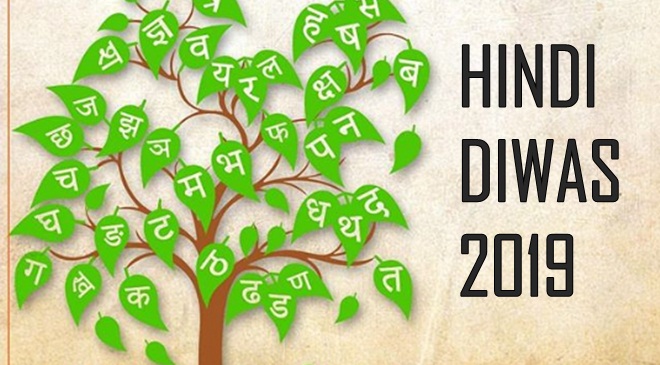By TLI Staff
September 14 is celebrated as Hindi Diwas every year. It was the day when Hindi was adopted as the official language of the Republic of India by the Constituent Assembly of India in 1949. It is one of the 22 scheduled languages of the Republic of India.
The first celebration of Hindi Diwas was announced on September 14 in the year 1953 by Jawaharlal Nehru. Since then it’s celebrated with fervor across the country every year. Hindi is spoken by 250 million people as the original language and it is the fourth most-spoken first language in the world. Hindi Diwas is celebrated with enthusiasm in schools, colleges and government offices.
Here are some lesser-known facts about Hindi language:
1. Hindi is the fourth most-spoken first language in the world, after Mandarin, Spanish and English.
2. The term Hindi is originated from Classical Persion ‘Hendi’ meaning Indian. It originally used to refer to inhabitants of the region east of the Indus.
3. Hindi is a direct descendant of an early form of Vedic Sanskrit which emerged in the 7th century CE.
4. Modern Standard Hindi is based on the Khariboli dialect, the vernacular of Delhi and the surrounding region, which came to replace earlier dialects such as Awadhi, Maithili and Braj.
5. In 1881, Bihar became the first state to adopt Hindi as its sole official language, replacing Urdu.
6. Hindi is the sole working language of the Union Government while the state governments are free to function in the language of their choice.
7. Hindi is one of the seven languages that can be used to make web addresses.
8. Prem Sagar, authored by Lallu Lal, is the first published book in modern literary Hindi. It was published in 1805. Its story is based on the tenth book of the Bhagavata Purana, the legend of Krishna.
9. Hindi typewriters came to markets in the 1930s.
10. Hindi script is phonetic which means unlike English it’s pronounced the way it’s written.
11. Early Hindi literature came about in the 12th and 13th centuries CE. This body of work included the early Rajasthani epics such as renditions of the Dhola Maru, the Prithviraj Raso in Braj Bhasha, and the works of Amir Khusrow in the Khariboli of Delhi.
Also read: THIS is the worst way of making tea. Must watch viral video

